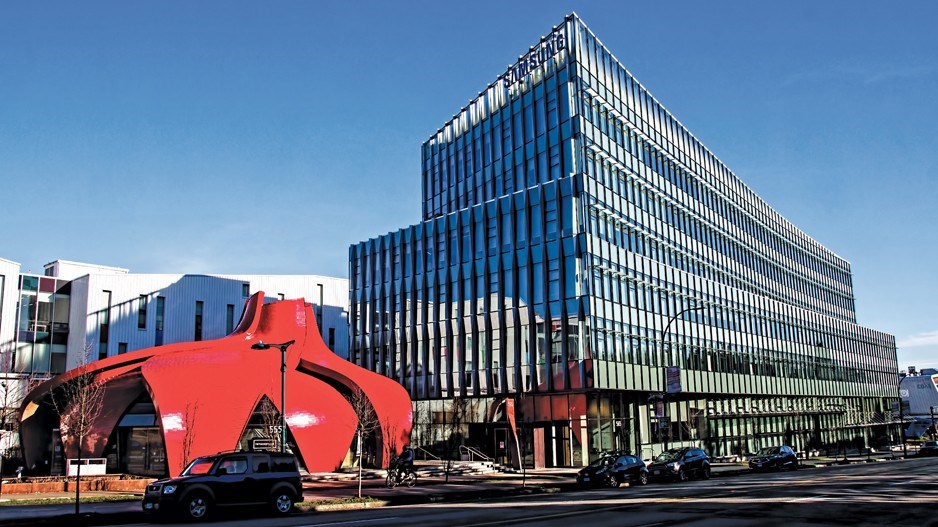B.C.’s life sciences industry is calling for policy changes in a bid to maximize growth in the rapidly expanding sector.
A new report, commissioned by the Greater Vancouver Board of Trade and released Thursday, outlines both the economic benefits of the sector as well as challenges it’s facing.
“Barriers to success include complex regulatory, reimbursement, and procurement processes that impede the adoption of innovations, and a lack of consistent growth capital and commercialization incentives to grow companies and attract the right type of talent to lead growth transformation and larger organizations,” the report states.
“Given the momentum experienced due to COVID-19 response initiatives, continued rapid growth is anticipated, and this sector is tracking to become increasingly important to the B.C. and Canadian economy. A three-to-five-year growth strategy will help secure the sector as an innovative and sustainable engine of the BC economy for the long-term.”
The report recommends the adoption of a six policy changes to further growth within the sector:
· More investment in attracting talent
· The creation of a dedicated life sciences fund
· Streamlined regulatory and tax policies more aligned to global standards
· Better procurement strategies
· Better access to data
· Further investments in lab and manufacturing infrastructure
The report notes 18,000 people were employed in the sector in 2020, up from 17,300 people at 1,120 businesses as of 2018.
The industry itself recorded nearly $5.4 billion in revenue in 2018 — up 5.6% from 2017.
The industry conducted 1,300 clinical trials in 2020 across 100 sites, which the reports described as being considered “a high proportion of all clinical trials conducted in Canada.”
Enthusiasm for the industry has been buoyed in recent months with growth at companies such as AbCellera Biologics Inc. (Nasdaq:ABCL), which raised US$550 million in an initial public offering, and Precision Nanosystems Inc., which is ramping up plans to open a facility capable of producing 240 million vaccine doses annually by 2023.
AbCellera also recently broke ground on a new campus in Vancouver, set to open fully in 2024.
“Historically they've [local university grads] had to seek those opportunities south of the border,” AbCellera CEO Carl Hansen told BIV last month.
“That's one of the reasons it is so important to have these facilities here in Vancouver. You don't want to push people out to the suburbs if you can be anywhere. People want to have that great place to work, the environment, the energy of the city, and they want to be working at the cutting edge of something they think is moving the needle for society.”
Plans for PNI’s new $50-million biomanufacturing facility in Metro Vancouver are now underway after the federal government revealed in February it was earmarking $25 million for the endeavour.
PNI boasts a head count of 120 workers, and CEO James Taylor told BIV in March he plans to hire more than 50 additional workers by the end of the year.
“What we’re very clear on is Canada will be developing domestic manufacturing, so regardless of what could happen in the future, we will have domestic production.”
While well-capitalized companies have been seizing on opportunities to develop more lab and manufacturing space, the province risks losing startups to other regions if they can’t afford to remain here, according to Gordon McCauley.
“It’s the emerging companies that need somewhere to prove their science and prove the commercial value of what they’re doing. And they obviously can’t afford to either retrofit the space on their own or to convince landlords that they alone would be worth retrofitting for,” the CEO of adMare BioInnovations Inc., a non-profit organization in Vancouver that helps commercialize academic research, told BIV earlier this year.
“Whereas, if we were able to pull together the broader demand and ecosystem and build one larger facility, that can help solve the problem.”




